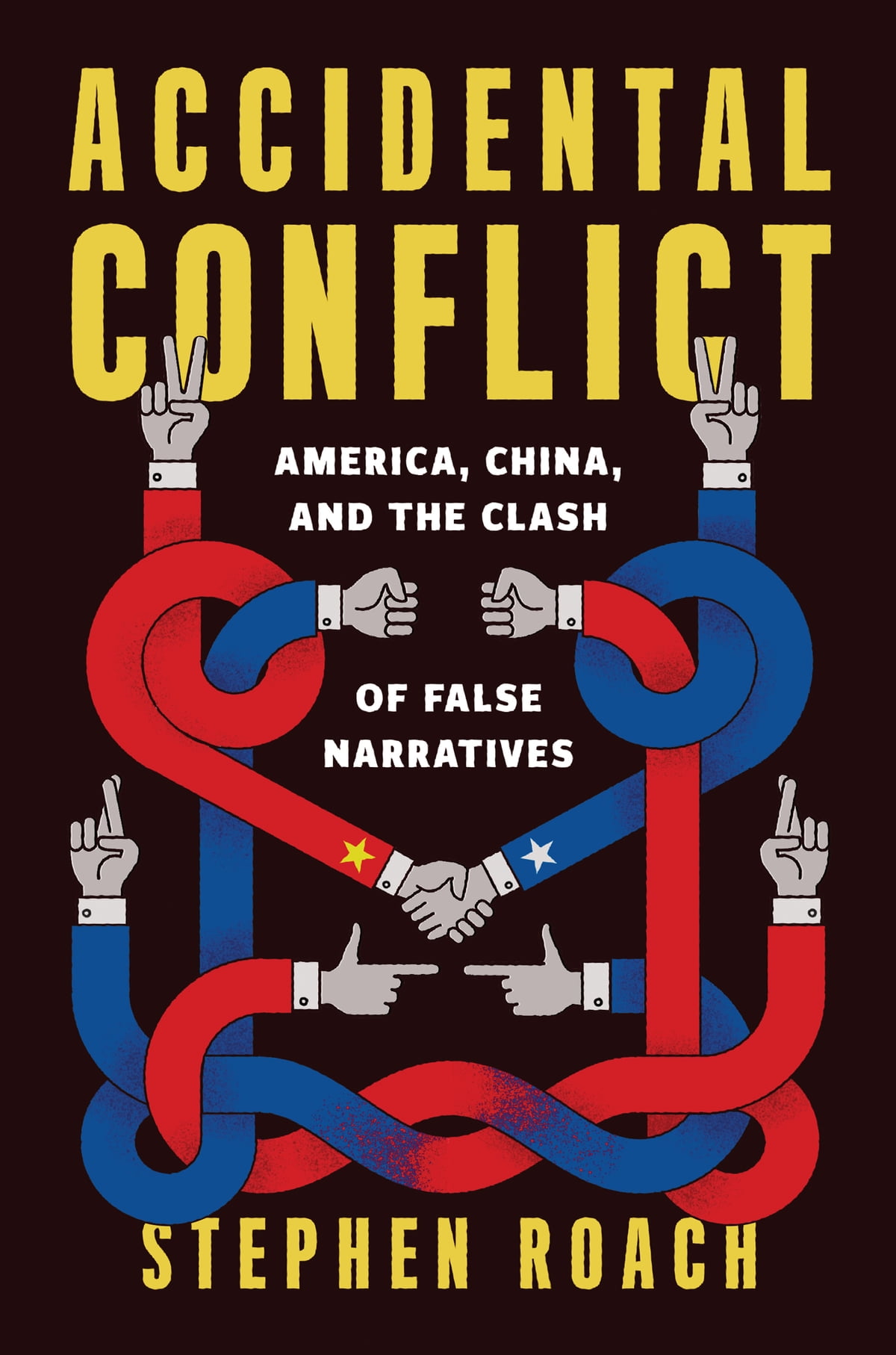

“A new approach is desperately needed,” warns Yale economist Stephen Roach in his new book Accidental Conflict: America, China, and the Clash of False Narratives. According to Roach, “conflict resolution is vital to preventing permanent damage from the clash of false narratives between America and China”. The author argues that the American political class is unable or unwilling to change its attitude towards China, and therefore the public is also being driven into the narrative that China is an existential threat to the United States. This is evidenced by a 2021 survey he cited, which found that 76 per cent of Americans have an unfavourable view of China.
Roach's warnings are partly in line with the theory of Thucydides' Trap, which he also touches on in his book.
According to Roach, “underpinning many of America’s false narratives of China is the China-collapse scenario,” which is a recurring theme in the Western media, a prediction that has been made many times over the years, but has yet to be fulfilled. In his book, the economist lists the US false narratives that have contributed greatly to US anxiety about China, the trade war, the tech war and the initial steps of a new cold war. According to Roach, China also has its own false narratives about the US. All these narratives “speak to the fears and insecurities that both America and China project on each other”. The economist states that the accidental conflict does not have to happen but now it is “exceedingly difficult to deescalate”. Whether the US and China choose to cling to false narratives or overcome them “could be the defining question for the world’s most important relationship of the 21st century”.
Mariann Őry – The author is managing editor of Eurasia